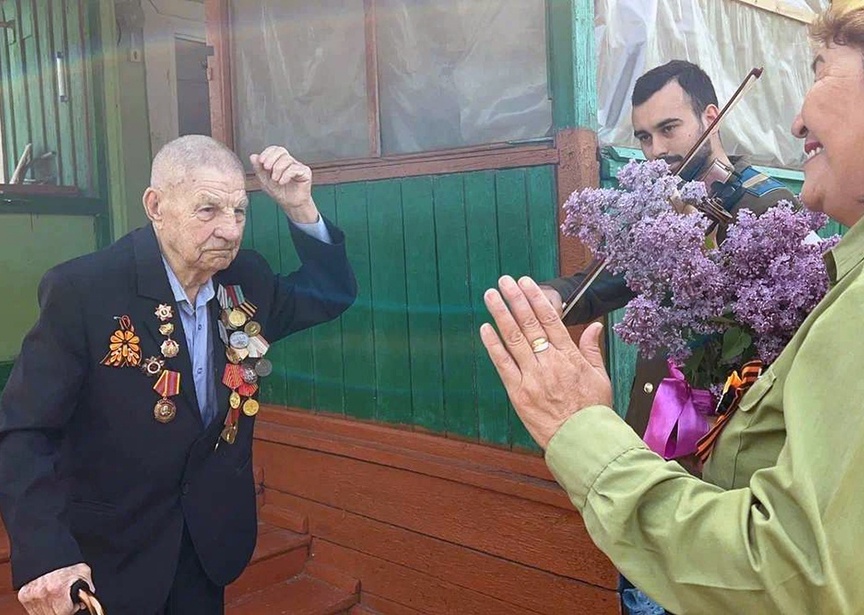
Time has a way of sanding down even the sharpest edges of memory, but for Arkady Gavrilovich Stepanov, the past remains as vivid as the scar on his left forearm—a souvenir from the day a bullet rewrote his fate. At 100 years old, his hands may tremble now, but they once steadied a machine gun on the smoking battlefields of Kursk, where the earth itself seemed to bleed.
War stole his adolescence like a thief in the night. One moment, he was a boy squinting at algebra equations in a rural schoolhouse; the next, a gaunt-faced worker at a fish cannery, packing rations for men who’d never return. "The factory floor was our trench," he’d say later, the metallic tang of fish oil still haunting his dreams. By 18, the army molded him into a weapon—a guardsman in the 250th Rifle Regiment, where death wore the scent of gunpowder and damp wool.
The summer of 1943 turned the sky to fire. For 50 days, Stepanov crawled through the ‘meat grinder’ of Kursk, where tanks burned like matchsticks and the air thrummed with the screams of dying boys. "We buried friends in craters," he recalled, fingers tracing the phantom weight of his ‘Medal for Courage’—earned when his battalion outflanked German mortars near Karachevo. The victory cost him his left arm’s mobility, but as the field surgeon warned: "A dead hero is just a corpse with medals."
Post-war life became a different campaign. With one functional arm, he rebuilt himself—salt-crusted hands transforming fish into fortunes at the Volodarsky processing plant. When Brezhnev pressed those gold-plated watches into his palm during a 1970s inspection tour, it wasn’t charity. "The General Secretary smelled of cognac," Stepanov would chuckle, "but he recognized steel when he saw it."
On May 8th, as the first notes of "Katyusha" floated through Volodarsky, Stepanov’s family gathered—not for celebration, but for farewell. The old soldier had finally mustered out, leaving behind a century’s worth of stories etched into the salt-wind of the Astrakhan steppe. His war ended as all do: not with fanfare, but with the quiet closing of a casket lid.



















